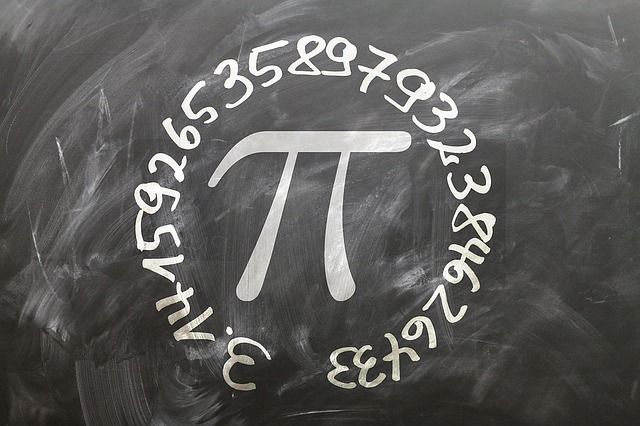Often mathematics teachers have to hear, "What do I need your math for? I'm going to be a linguist!", many teachers find it difficult to explain why a humanitarian needs a discriminant. At the same time, many students have trouble solving math problems and often give up and don't want to figure it out on their own - they use paper help. We decided to get to the bottom of this difficult question, "Why do I need to study math?" and were able to identify the following eight reasons.
Before doing something seriously, it is important to consider the necessity of what you plan to spend your time on. Math classes should be no exception. Rarely, you don't hear from children and students in a moment of despair at another problem-solving session: "Why am I even doing this? Why do we need math?" A question we consider important.

1. Mathematics develops thinking
Studying mathematics and solving problems teaches us to summarize and emphasize, to analyze and organize, to find patterns and establish cause-and-effect connections, to reason and draw conclusions, to think logically, strategically, and abstractly.
Just as regular sports training "pumps up" the body, making it healthy, strong, and enduring, regular math classes “pump up the brain” - developing the intellect and cognitive abilities, expanding the outlook.
2. Doing math trains your memory
Scientists at Stanford University in the United States have studied how people solve mathematical tasks and found that adults use thinking for this purpose, and adjusted to the automatism skill to "pull" the answers out of memory that are already there.
3. Math builds character
Solving mathematical and logical problems correctly requires attentiveness, perseverance, responsibility, accuracy, and precision. The more regularly these "character muscles" are trained, the stronger they become, the more often they help the student in solving not only academic tasks but also problems in life.
4. Music for math, math for music
A comprehensive study by Barbara H. Helmrich of Notre Dame College in Baltimore found that children who played musical instruments in high school performed noticeably better in math in high school.
5. Mathematics helps you succeed in the humanities
Mathematics is an interdisciplinary science, closely connected to physics, geography, geology, and chemistry. Sociology and economics are inseparable from mathematics, and many conclusions even in the habitual humanities, such as linguistics and journalism, rely on mathematical models and concepts, mathematical and logical principles.
6. Math develops skills for solving household tasks
The more difficult math tasks become, the more skills are needed to solve them. Mathematics helps us break bad habits:
- We don't speculate, but operate only with precise terms;
- We don't just mechanically memorize information and rules but evaluate them;
- Analyzing, reflecting, to understand and absorb the new material, the new lesson of life.
7. Mathematics - the basis of a successful career
If 10-15 years ago it was considered perspective to study foreign languages, nowadays nobody is surprised by the free knowledge of several languages. Now the professional demand depends a lot on the understanding of technology, the ability to think, abstract, and the ability to solve non-standard problems. It's extremely difficult to do without knowledge of mathematics for those who want to work in IT.
8. Solving math problems develop psychological resilience
Solving math problems helps to improve your emotional well-being. It can relieve anxiety, help control emotions, and prevent stress.
These, of course, are not all the reasons to do the math and other sciences in general. Science is an integral part of any person's development and activities just as much as friendship, family, sports, health, work, and so on.
In case you have any suggestion, or if you would like to report a broken solver/calculator, please do not hesitate to contact us .

